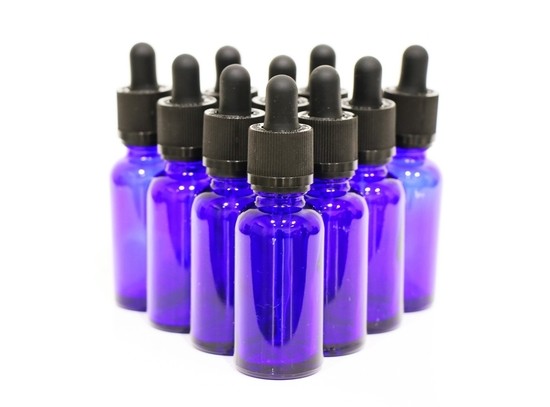
As a whole, pet parents consider their furry companions almost like children in their families for whom they have a desire to keep healthy, safe, and happy for an extended lifespan. In doing so, most people understand that pharmaceuticals tend to bring harsh side effects to pets as they do in the human population, causing them to turn to safer alternatives.
One natural, safe option that boasts as increasingly popular with massive anecdotal success rates among people and animals is cannabidiol or CBD.
CBD And The Animal Population
CBD works through its interaction with the neurotransmitters within the endocannabinoid system for which both humans and pets comprise. Thus far, the extent of approval from the Food and Drug Administration for either group has been singled out to an individual CBD-based prescribed medicine for a rare epileptic condition in children. Veterinarians have not received approval to write cannabidiol recommendations as to medical treatment options for their patients, although there is considerable debate in favor of their being able to. Though this compound is a rapidly growing trend, it’s not without risk as is discussed at https://komonews.com/news/consumer/cbd-for-pets-a-growing-trend-thats-not-without-risks.
The Dialog Vets Must Stick To Regarding CBD
There is a script that a vet must follow when a pet parent inquiries regarding the use of CBD in conjunction with treatment for their animal quoting along these lines:
“At this time, there is no scientific data on the use or dosage for CBD n pets, only anecdotal. Because CBD products at this time are not regulated, there is no way of ensuring the efficacy for various purposes, ranging from anxiety, arthritis, or even epilepsy. There are no current studies on dosage for CBD to correctly and effectively dose a ‘6-pound Chihuahua’ or a ‘150-pound mastiff’. The time may come when science has true answers, but it is not now.”
The vet has to quote this, but it is in no way an indication that the products are not therapeutic for animals. It means that in a majority of cases, a vet or vet tech for several reasons may opt not to discuss the compound with their patients. The substance is not something that has been taught in veterinary schools due to its use being new for pets. And for any vets who have taken it upon themselves to research the product, they may steer clear for legality reasons.
The Research Concerning CBD And Pets
Among the primary disorders neurologically for dogs is epilepsy, with much hope for developments in the scientific evidence on CBD use for the condition. Click to see the strides the product is making in the pet care industry.
The AKC or American Kennel Club is in the process of studying its use for dogs resistant to epileptic treatments. This same group has medical providers who offered experiences from patients showing successful use of CBD in cases of appetite stimulation, potential cancer benefits, demonstrating anti-inflammatory effects, reduction in anxiety, decreased nausea impact.
Studies And Approvals Relating To The Compound
Studies regarding dogs, cats, birds, horses, etc. have not been completed, meaning side effects are not determined. Still, they have been based on the human aspect by most veterinarians, with the common associations being low blood pressure, dry mouth, and drowsiness.
The Food and Drug Administration or FDA has not approved the drug as a method of treatment in most situations. However, with new bills coming out, that may change. It is still sold legally, but without boasting the therapeutic effects on the actual item itself. That can’t legally happen until testing takes place, and there is evidence to prove it’s capable of what it claims. Still, there are a multitude of CBD pet products available to the public for sale on the market; follow this link.

Summary
The consensus is that the drug is overall safe for pets; however, its counterpart, marijuana, deems toxic. Animals that inhale marijuana smoke or ingest a piece of the plant or part of an edible, according to the Pet Poison Hotline, have the potential for severe symptoms. These can include pupil dilation, lethargy, vomiting, difficulty with walking, potentially low or higher than usual heart rate, dazed look, incontinence, whines or cries, high or low body temp, seizure, tremor, the potential for coma.
The strong suggestion when you have furry companions is that you keep any products that contain THC or tetrahydrocannabinol locked up away from both animals and kids. This component is responsible for the ‘high’ experienced with marijuana. Anyone with small children and pets is sincerely urged only to purchase CBD products containing little to no THC. The overall health, safety, and happiness of these members of your family need to be first and foremost
